Budgeting Basics
By creating a budget, you can target and reduce your debt! By creating a budget, emergency fund accounts can be created! By creating a budget, assets and vacations can be planned for and purchased!
Budgeting won’t prevent “life” events from happening, but the process can greatly assist when they do happen. There is an abundance of information, programs, spreadsheets, and apps that will assist you to collect the necessary information to start the process, but you still have to do the actual work to review the information, set goals, and make decisions.
Most of us know that we should have a budget, but only about 40% actually do one. How do we convince 60% of the population that budgeting is an invaluable process and that everyone (yes everyone) needs a budget?
Basic budgeting consists of four main elements:
1. Identify the Sources of Your Income
This step is usually fairly easy, but be sure to include irregular income such as GST rebates, tips, or income tax refunds that you may only receive once per year.
2. Identify Your Expenses
This is the work part. Start by making a list of expense categories based on where you spent money in the last six months. Review your bank statement, online banking transactions, credit card transactions, and lines of credit statements to start your list. Make sure that you include expenses that are due yearly, such as insurances, city utilities, property taxes, etc.
3. Analyze Your Spending
Categorize each transaction from your identified expenses and total each category. The totals will tell you how much money you have been spending in each category. When you identify amounts or categories that set off alarm bells (either positive or negative), use those alarm bells to set goals for future months. This is also the place where consumer debts are targeted and eliminated and where an emergency fund is created. An emergency fund should contain enough funds to manage your expenses for a minimum of three months (six months is best). Keep in mind that it may take considerable time and commitment to reach your goals, but stick to it!
There are various ways to help you to stay true to the goals you have set - you could build money jars or envelopes that contain the budgeted amounts in each expense category, or create separate bank accounts for the larger categories. Find the process that works for you and that you can stick to. Be aware that unconsciously using your debit or credit cards and attempting to “mentally” keep track of expenses invites failure.
4. Review and Adjust
Once your goals have been established, you need to monitor them regularly to ensure they are being met, and continue to make adjustments when necessary. When you start achieving specific goals, try setting new ones.
The budgeting process usually works best when done in conjunction with your pay dates, but can be done weekly, bi-weekly, semi-monthly, or monthly. If you are not reviewing your budget at least monthly - you are missing the point!
Achievement of specific financial goals can be very rewarding and using this process to pay off credit cards or personal loans is a very effective way to become debt-free. If at any stage you have come to the realization that your expenses exceed your income or it is going to take you 88 years to pay off your debts, you should seek the advice of a Licenced Debt Professional and discuss options to reduce or eliminate debt.
Start your journey to financial freedom. Book your free, no obligation consultation today to connect with one of our experienced BC/Yukon Licensed Insolvency Trustees.

